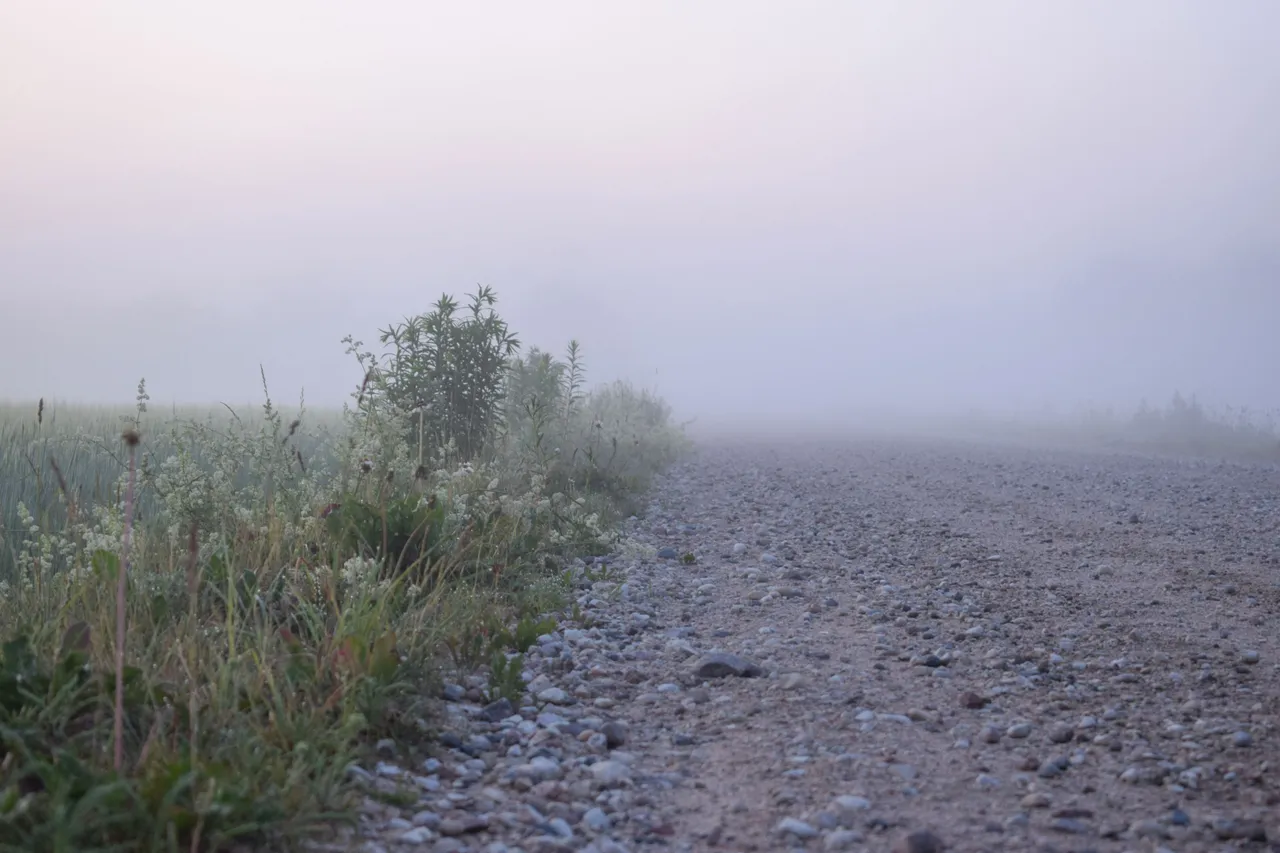
After the night of Jāņi, the sun is bathing in the sea from which it gathers strength, decorates itself in silver, and then rises while dancing and swaying. Those who have waited all night for the sun to rise receive Her strength, warmth, and light and will be lucky the entire year.[1]
Incredibly, they have persevered, and I can live and see this thread unbroken as it continues to weave its path with every new generation. We continue to gather around the fire, united by songs and dance, feel nature's closeness, and tune ourselves to it. It is the celebration of the shortest night, honoring the nature surrounding us. It is the celebration of life at its peak and happiness.
These traditions feel like extremely powerful stuff. They are larger than any of us individually. It is as if you are touched by the world filled with spirits from all times and the power of nature all at once. And I have this urge to carry the torch. There is a pull to honoring our ancestors and their ways.
I realize not everyone feels the same about old beliefs and rituals. I am sure some people would look at them and say oh, what nonsense, or these folks enjoyed too much of some magical herbs. After all, how will washing your face with morning dew provide you with beauty, or how staying up all night of Jāņi guarantees that luck will not leave your side? It is indeed comparable to believing in magic. Oh, dear lord! Oh, noes! So insane? The world is so much more boring without a little bit of magic. If I somehow can help preserve it, I am in.
So I stayed up that night, waited for the sun to rise, and washed my face in the morning dew.
I wish to stay connected to this old world which was more aware of and saw the beauty in every living thing, and even further, as it is reaching towards spirituality and deities. I hope to one day understand it all at a deeper level.
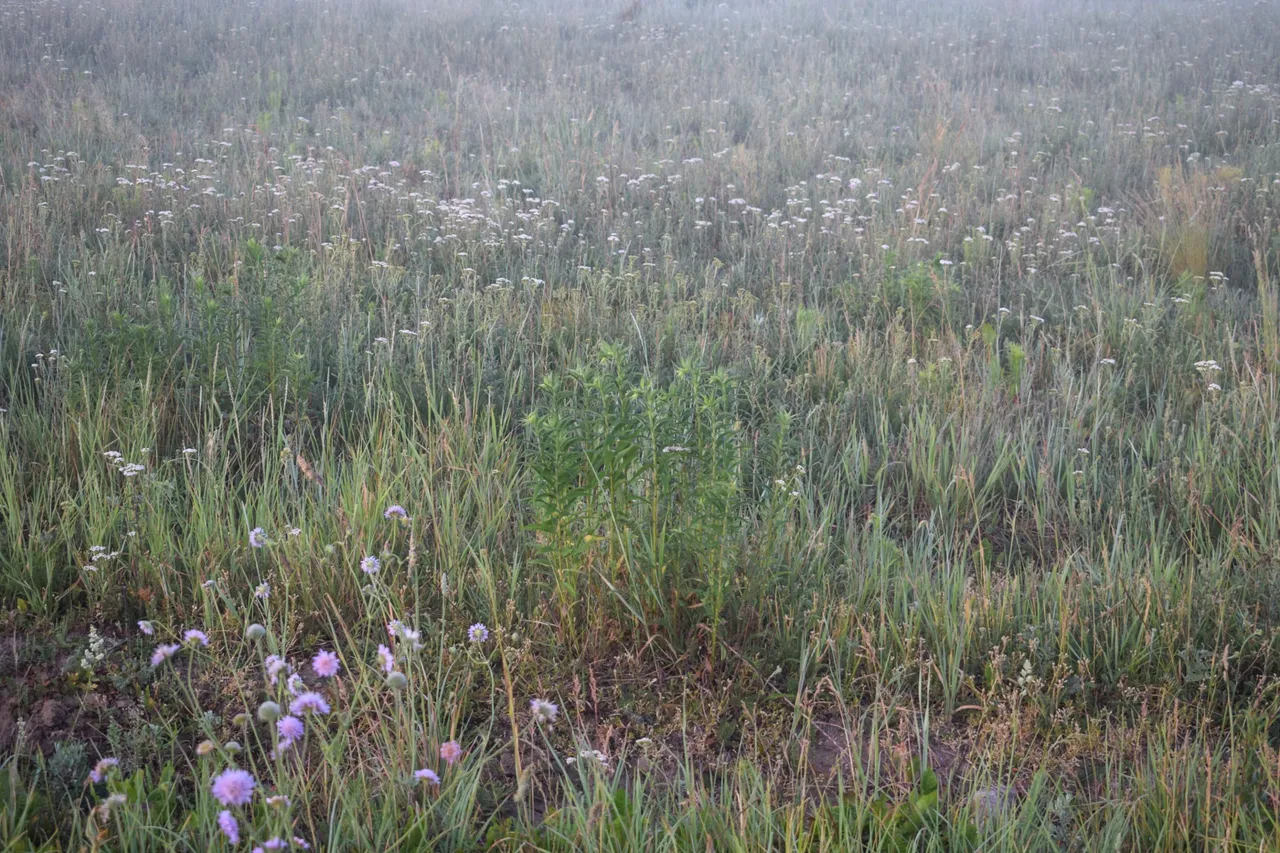
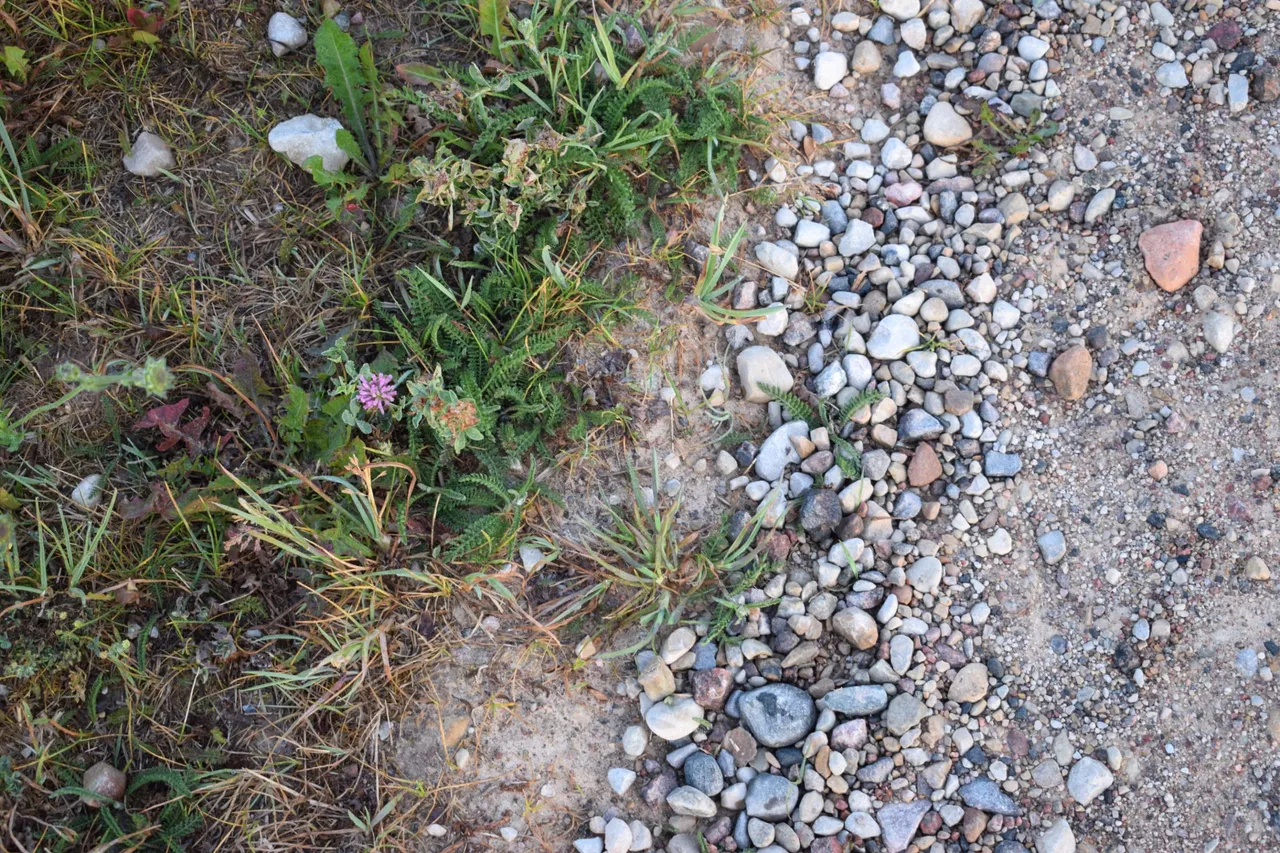
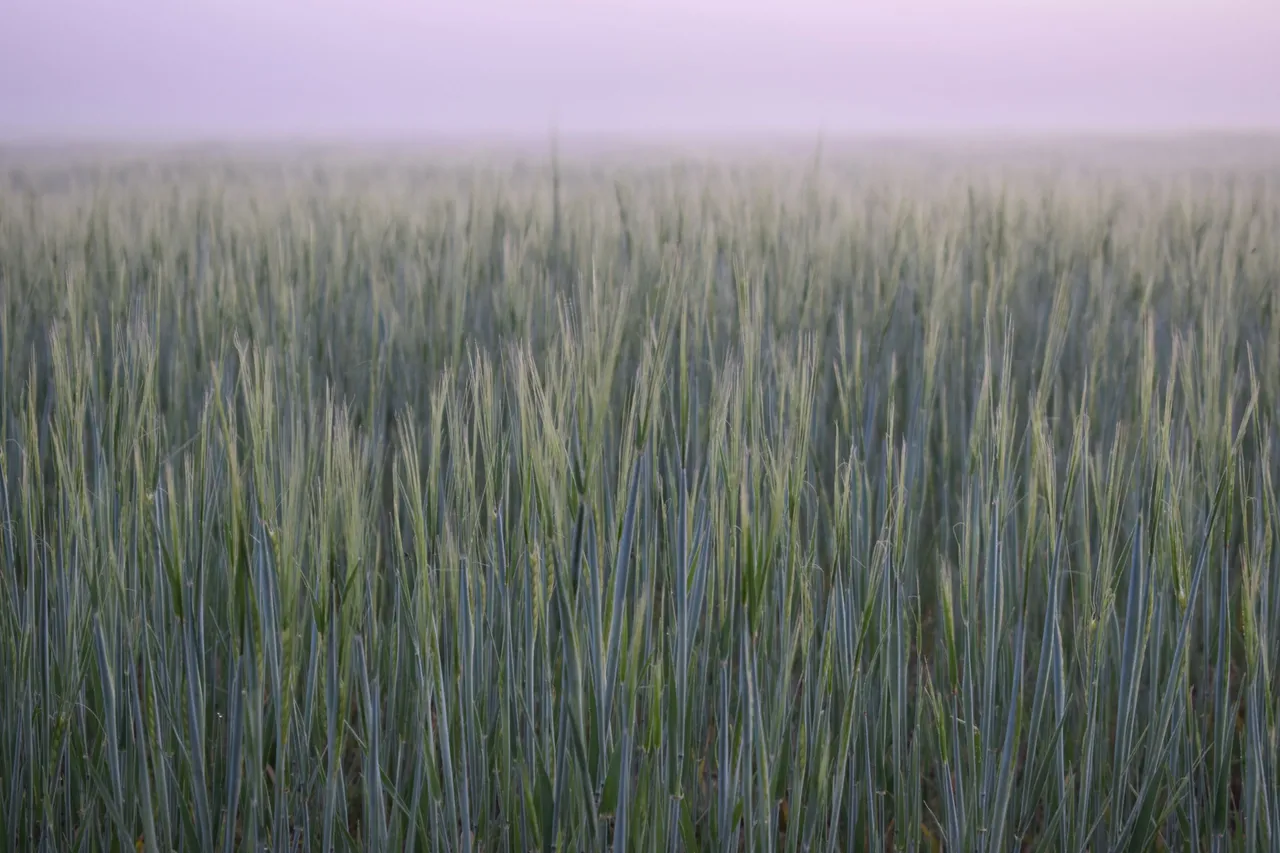
Jāņu dienas vakarā'i, līgo!
Saule brida miglājosi, līgo, līgo!
Jāņu dienas vakarāi, līgo!
Kur, Dieviņi, lielu guni, līgo, līgo!
Sildi visu pasaulīti, līgo!
Kur, Dieviņi, lielu guni, līgo, līgo!
Sildi visu pasaulīti, līgo!
Sakūrosi uguntiņu, līgo, līgo!
No deviņi žagariņi, līgo!
Sakūrosi uguntiņu, līgo, līgo!
No deviņi žagariņi, līgo!
Sildās Dievis, mīļā Laima, līgo, līgo!
Mana mūža licējiņa, līgo!
Sildās Dievis, mīļā Laima, līgo, līgo!
Mana mūža licējiņa, līgo!
Līgojami, līgojami, līgo, līgo!
Neguļami, naguļami, līgo!
Līgojami, līgojami, līgo, līgo!
Neguļami, neguļami, līgo!
Redzēsimi, redzēsimi līgo, līgo!
Kā Saulīte rotājāsi, līgo!
Redzēsimi, redzēsimi līgo, līgo!
Kā Saulīte rotājāsi, līgo!
At the Jāņi day’s evening, līgo!
Sun waded through the mist, līgo, līgo!
At the Jāņi day’s evening, līgo!
God, light the big fire, līgo, līgo!
Warm the entire world, līgo!
God, light the big fire, līgo, līgo!
Warm the entire world, līgo!
I lit the fire, līgo, līgo!
From nine branches, līgo!
I lit the fire, līgo, līgo!
From nine branches, līgo!
Warm up God, and dear Laima, līgo līgo!
My fate’s ruler, līgo!
Warm up God, and dear Laima, līgo līgo!
My fate’s ruler, līgo!
We are swaying, we are swaying, līgo līgo!
We are not sleeping, we are not sleeping, līgo!
We are swaying, we are swaying, līgo līgo!
We are not sleeping, we are not sleeping, līgo!
We will see, we will see, līgo, līgo!
How the sun adorns itself, līgo!
We will see, we will see, līgo, līgo!
How the sun adorns itself, līgo!
Saule brida miglājos - Auļi feat. Asnate Rancāne
My translation on the right. I am not a professional, but after reading the google translate version, it was clear it is not great translating from the Latvian language.
For some context about things in the song. As I mentioned, Jāņi is our midsummer or summer solstice celebration. The word līgo appears nearly in every Jāņi song like a mantra. What does it mean? It seems to come from another word līgoties which means to sway, to swing back and forth. [2] Like a tree branch in the wind or how one would while listening to or singing a song. The part about God (Dievs) has no connection to Christian God. For ancient Latvians, Dievs was the father of the sky and much closer to other deities. Laima, for example, was the decider of fates. Dievs often was portrayed as a lovely, old man with white hair, advising at hard times on the order of all things in the human world, nature, and universe. [3] But what is this making fire from nine branches? The magical number nine comes up in many Latvian folk songs, fairy tales, myths, and traditions. Often included in different rituals that, as a result, bring good things to people such as luck, happiness, wealth, or even fertility. [4]
The folk songs provide a lot of insight into our ancestor’s approach to life, their beliefs, and how their lives looked like. The modern Jāņi songs and music are mostly based on the folk songs that were gathered and kept in what we call Dainu skapis (Cabinet of Folk Songs).
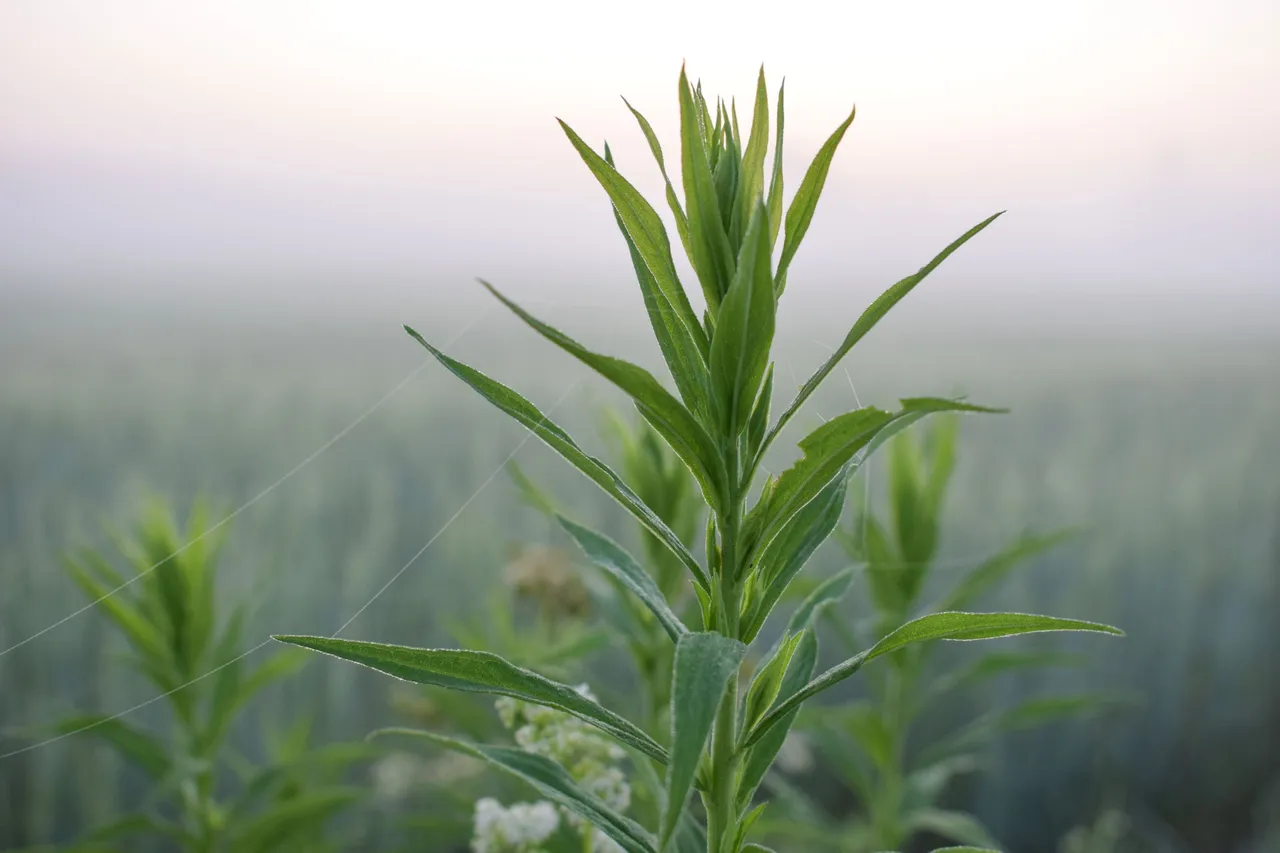
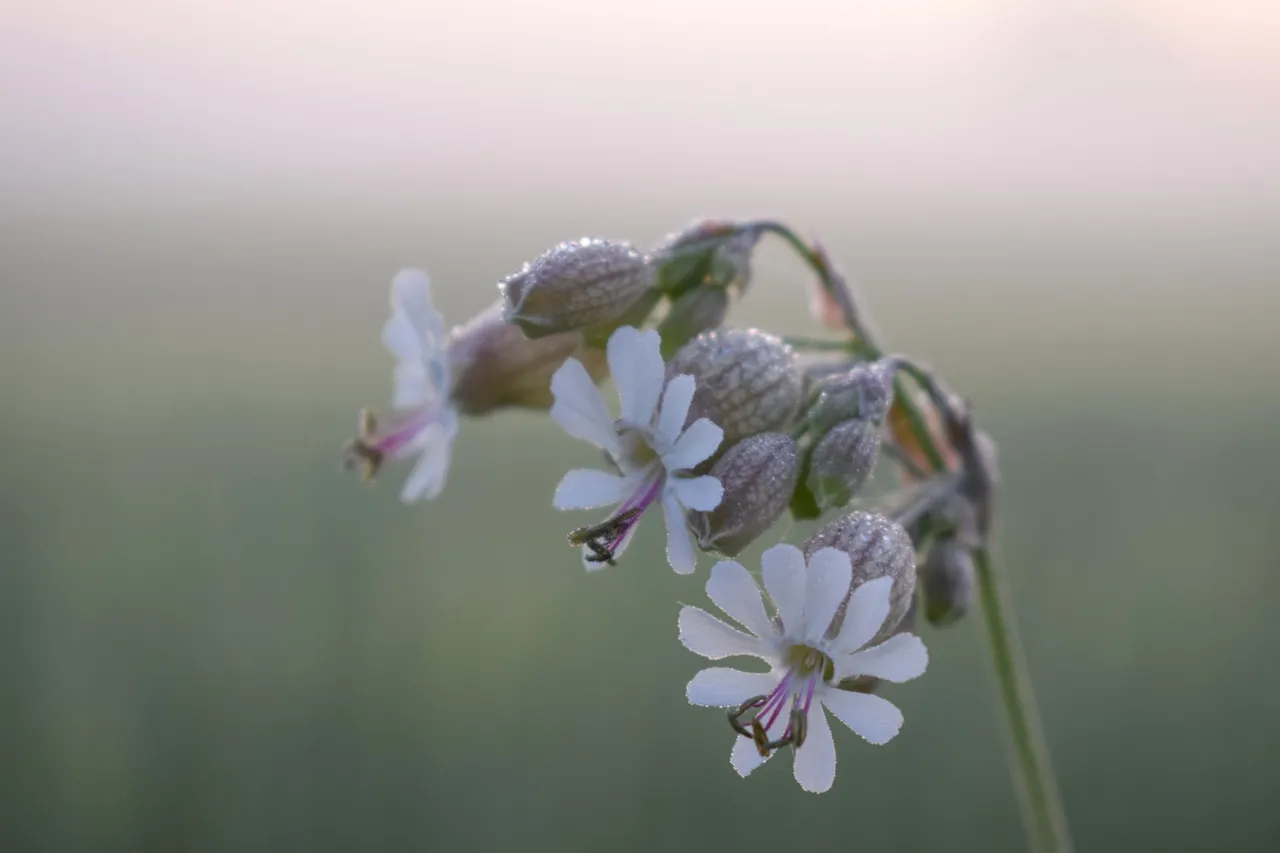
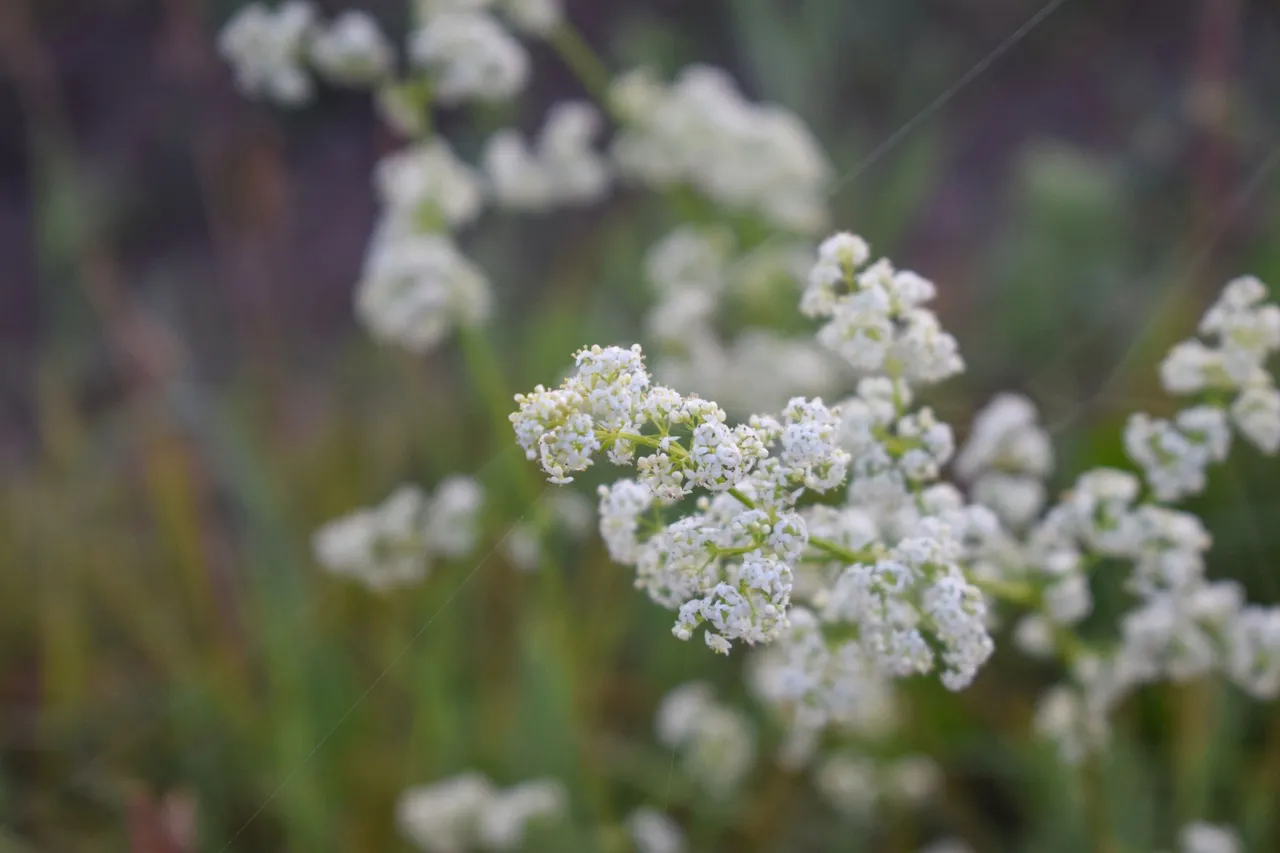
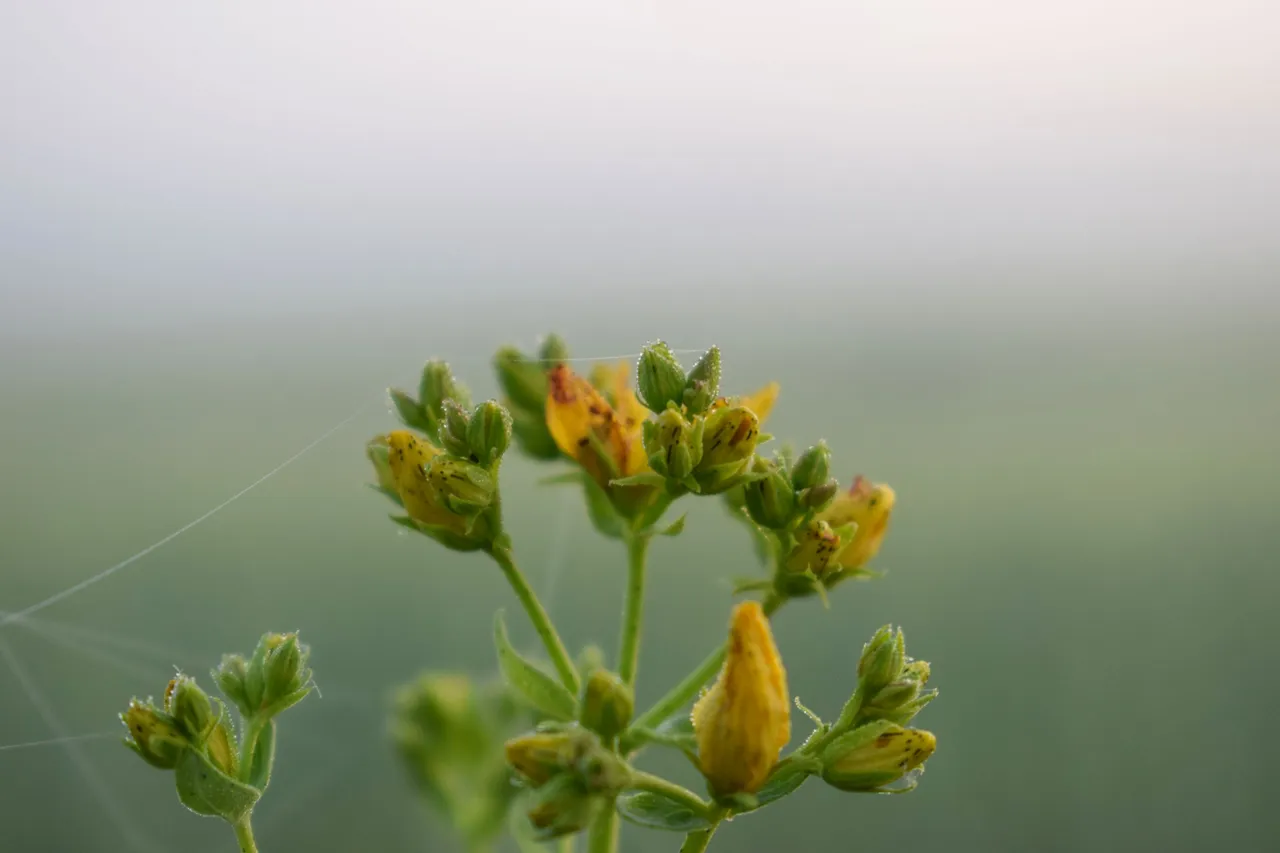
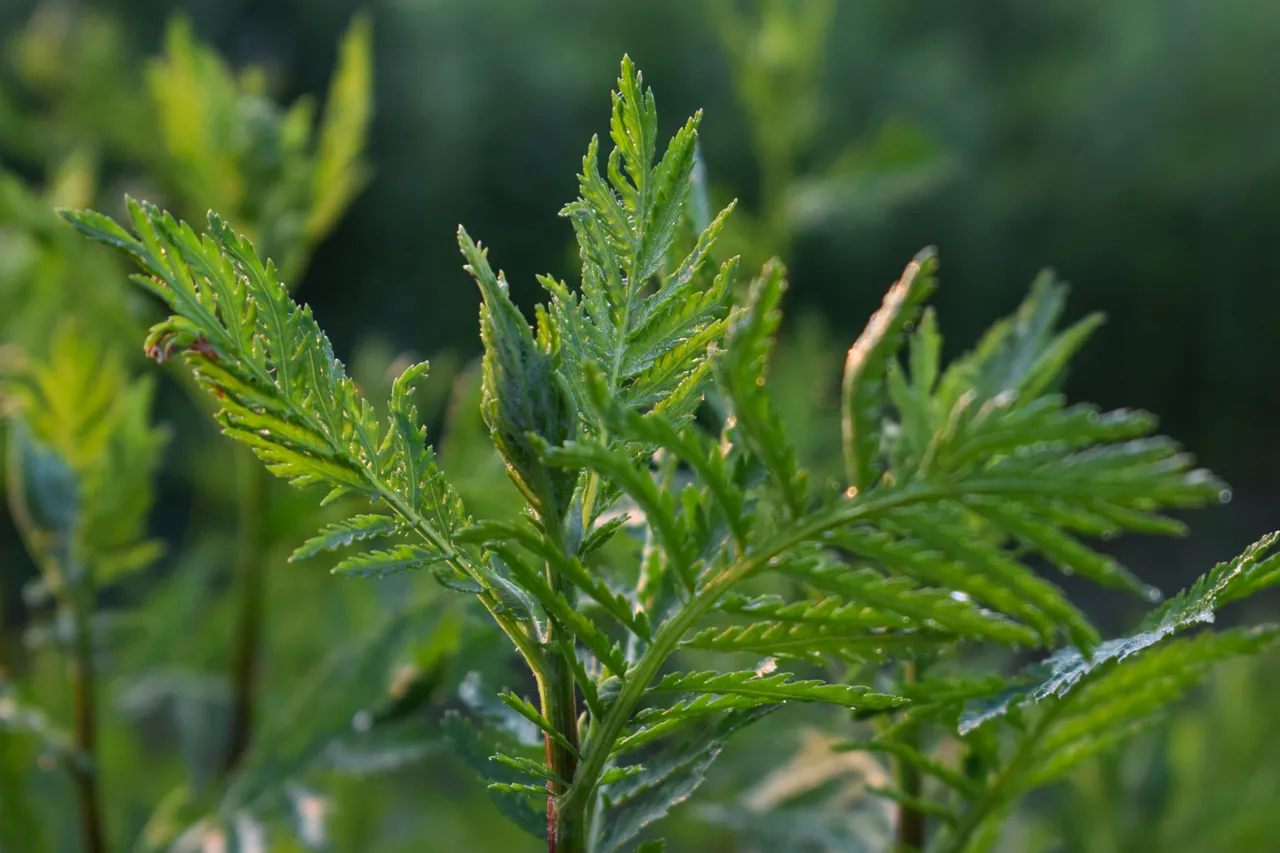
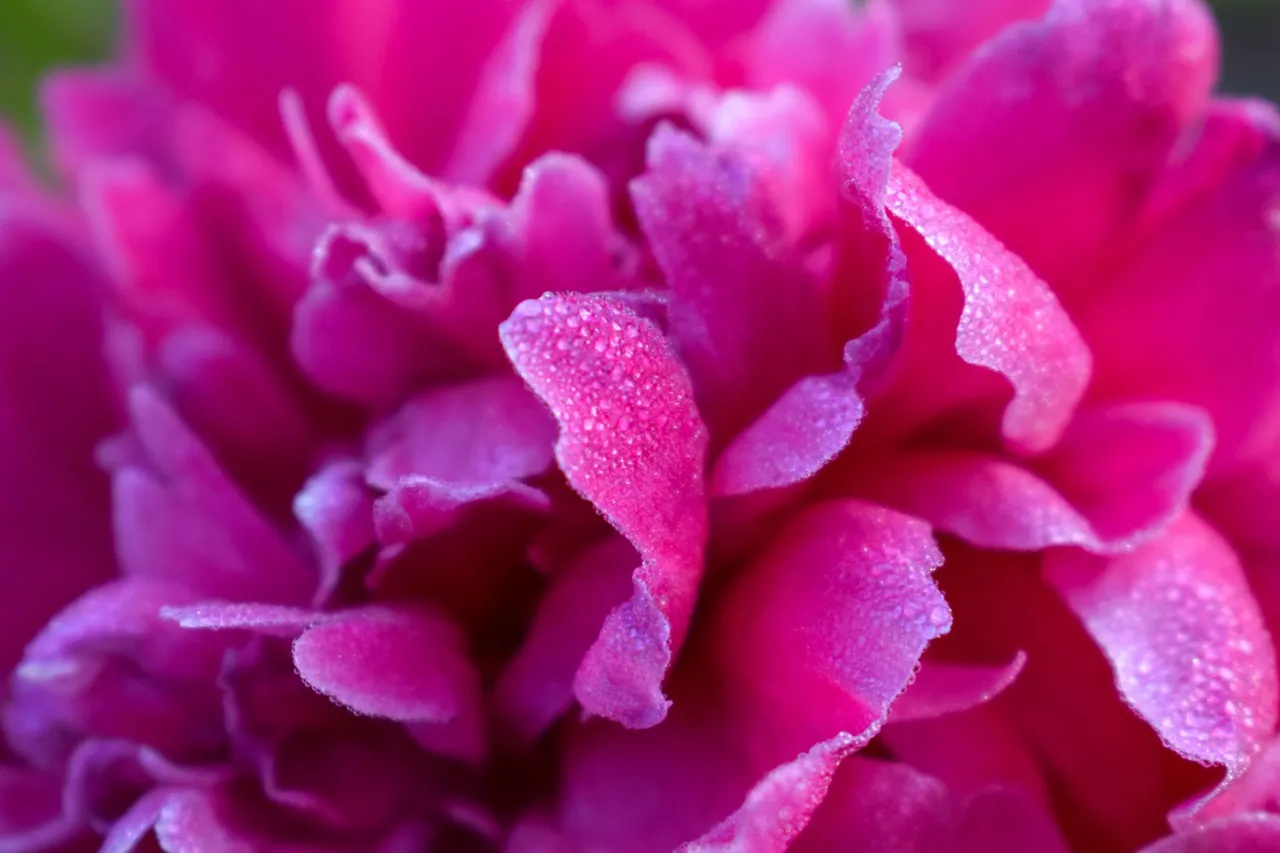
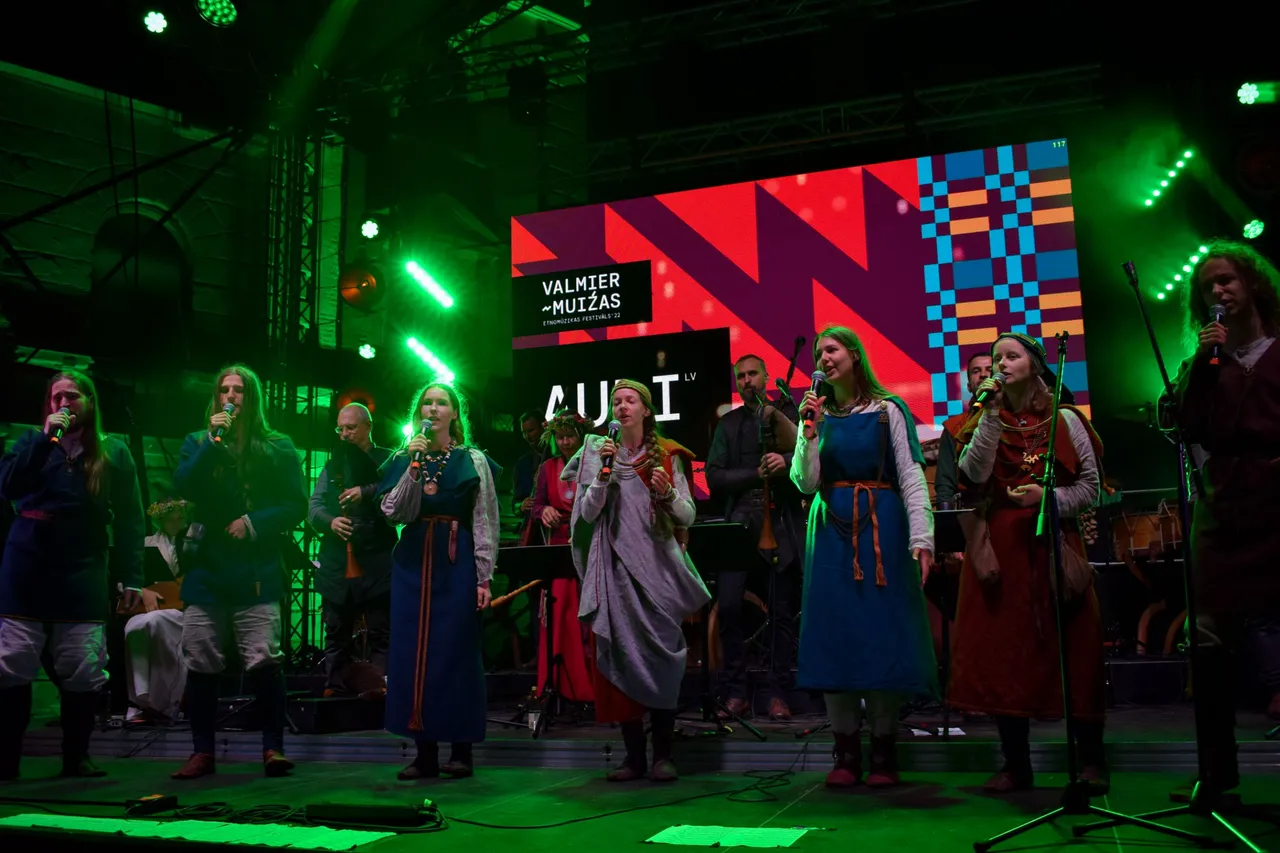
I happened to visit Valmiermuižas ethnic music festival last year, right before midsummer, where the band Auļi was performing songs from their newest album Sit, Jānīti!, dedicated to Jāņi celebrations. Auļi themselves are more instrumental folk music group (they play bagpipes, kokle, drums, stabule (reed pipe or wooden fipple pipe), and other instruments), so for this album, they joined forces with the voices of Banga and other individual singers.
It was pretty awesome, and there were no strict rules against bringing bigger cameras at the festival, so I had no shame in capturing snippets of their performance up close. What do Jāņi songs sound like today? Have a peek.
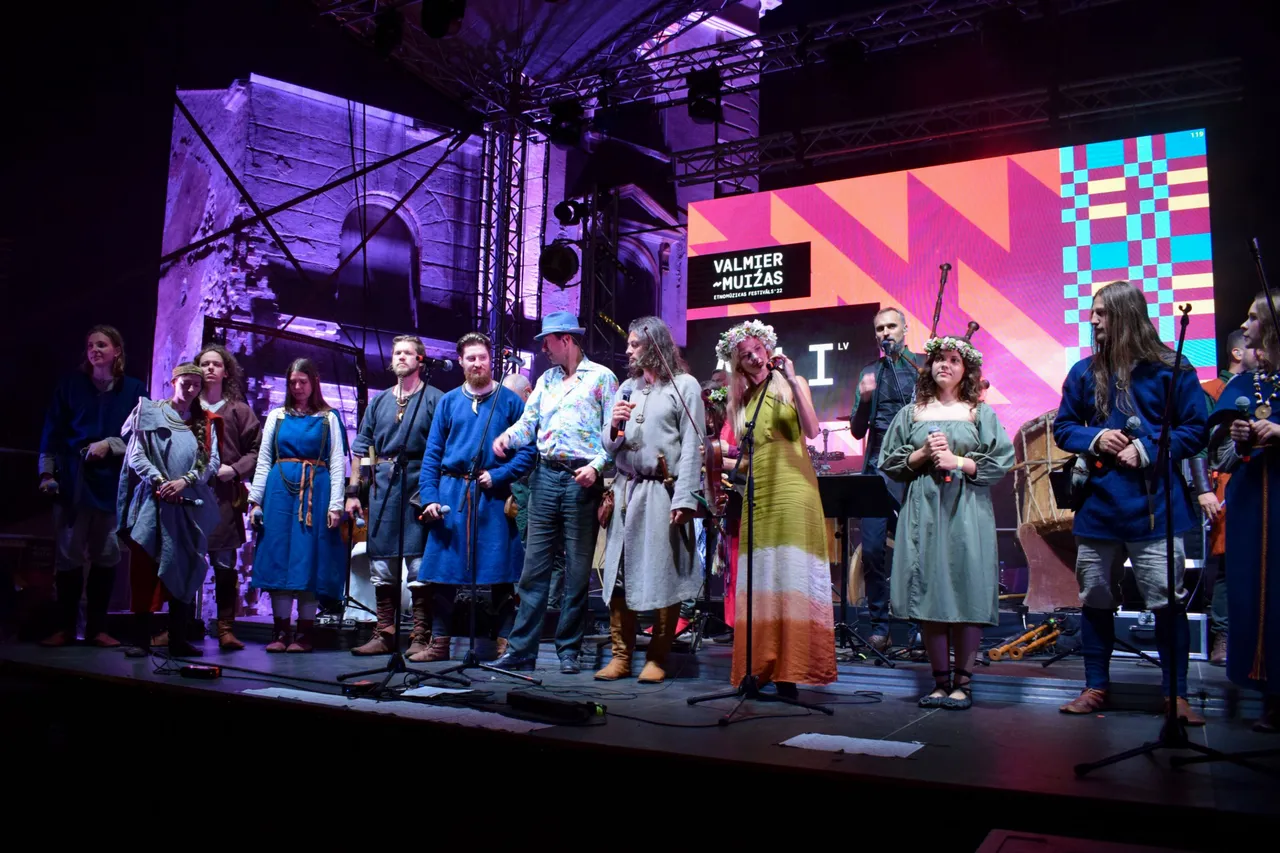
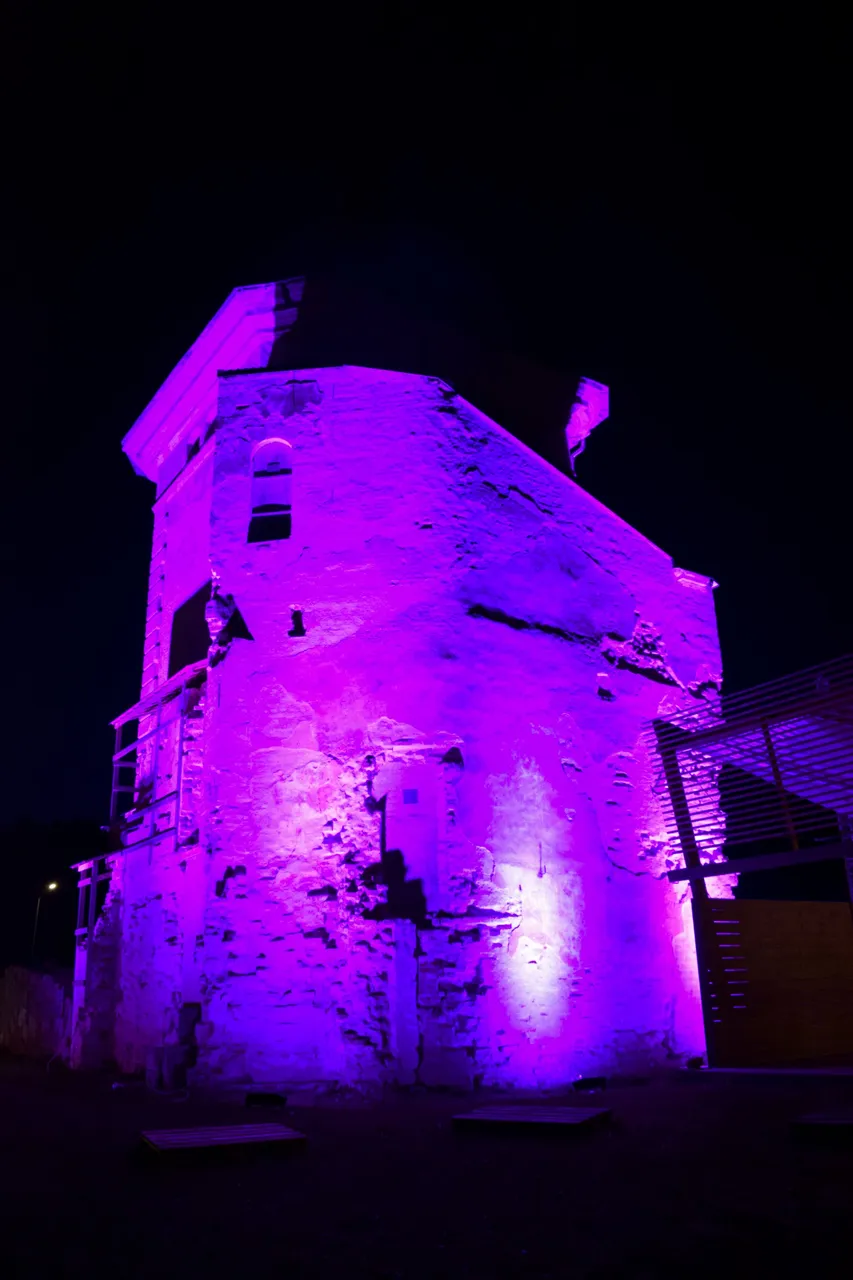
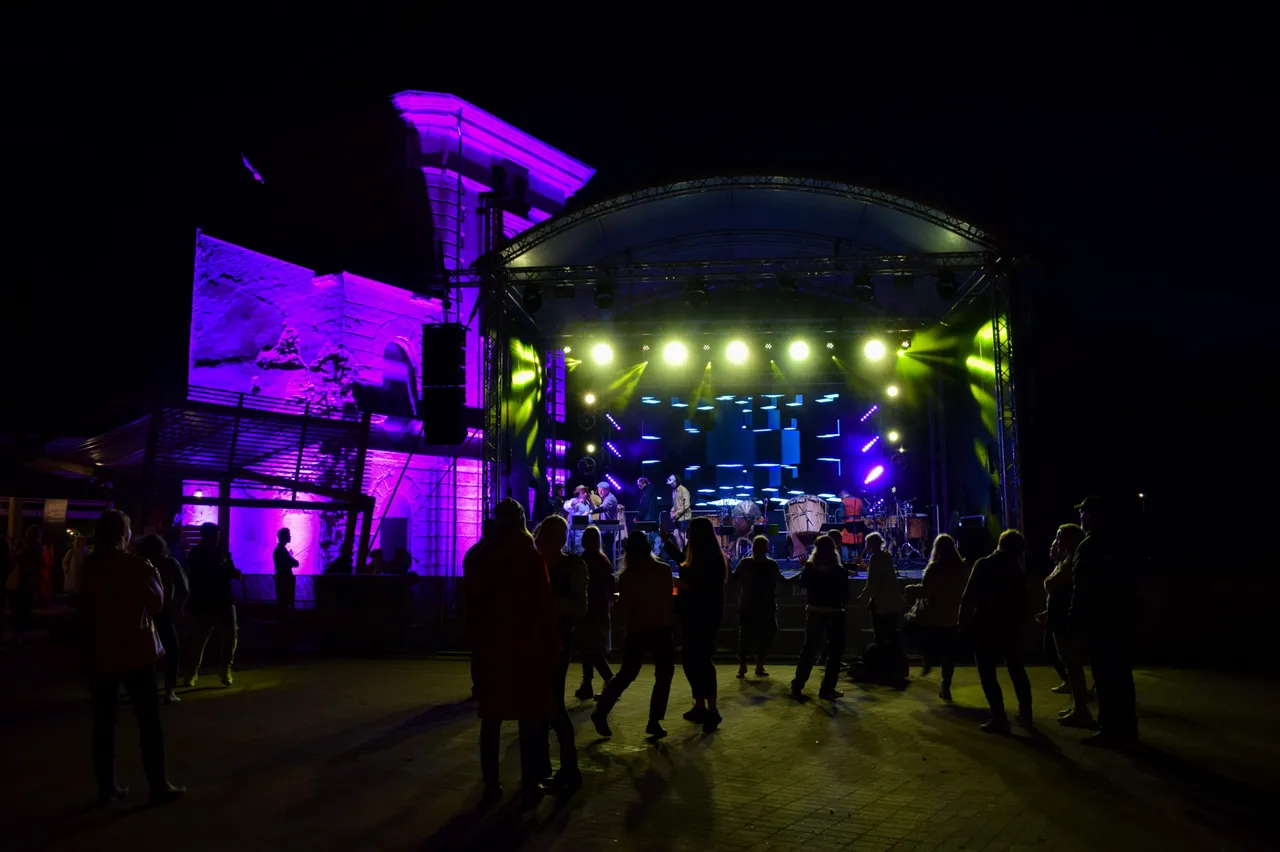
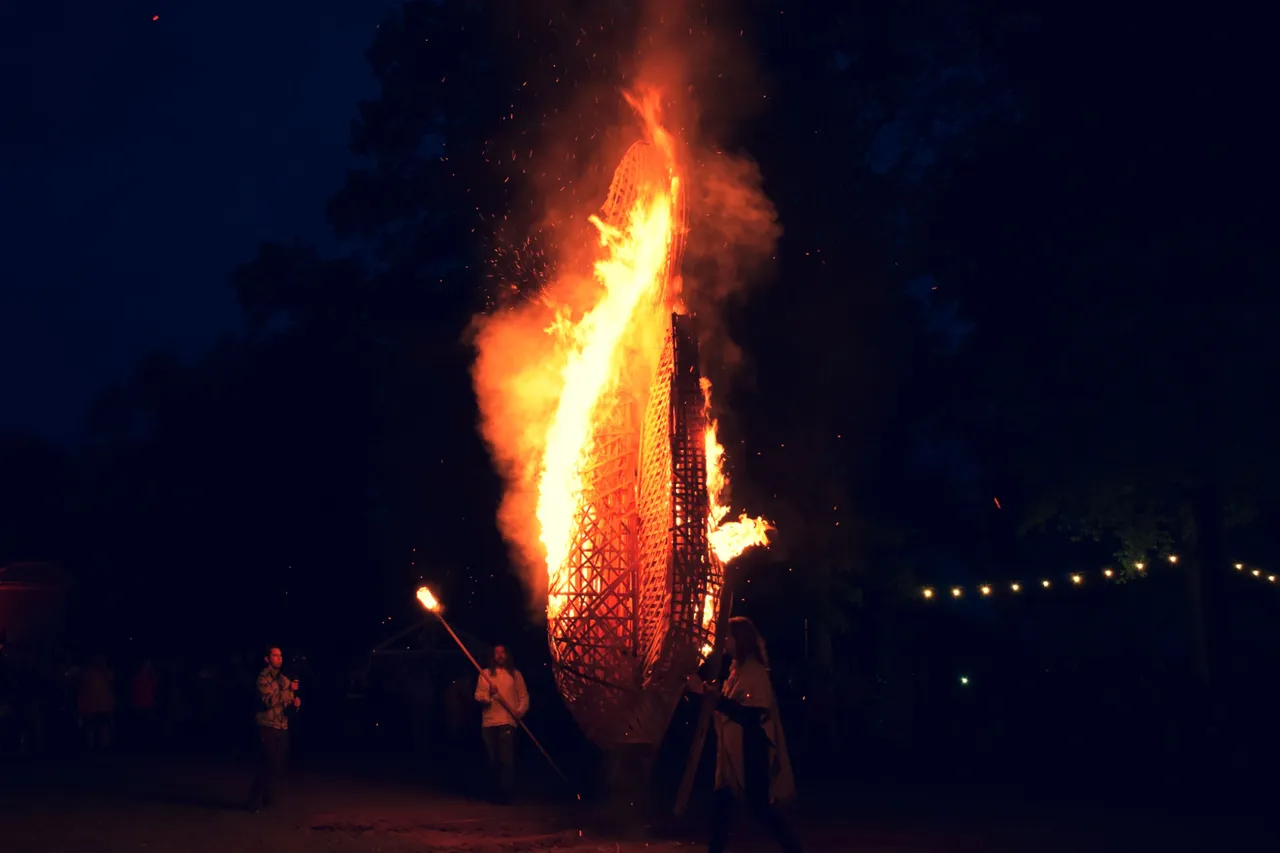
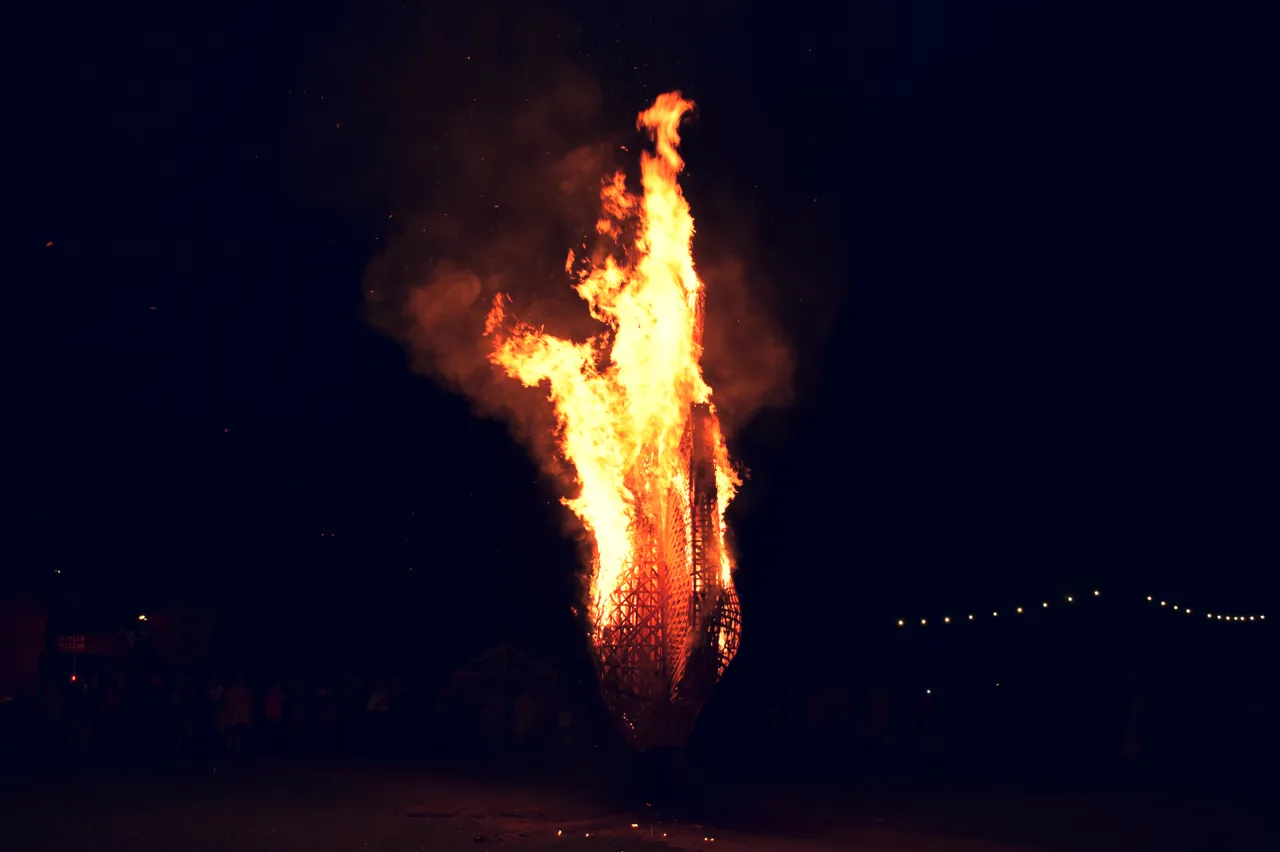
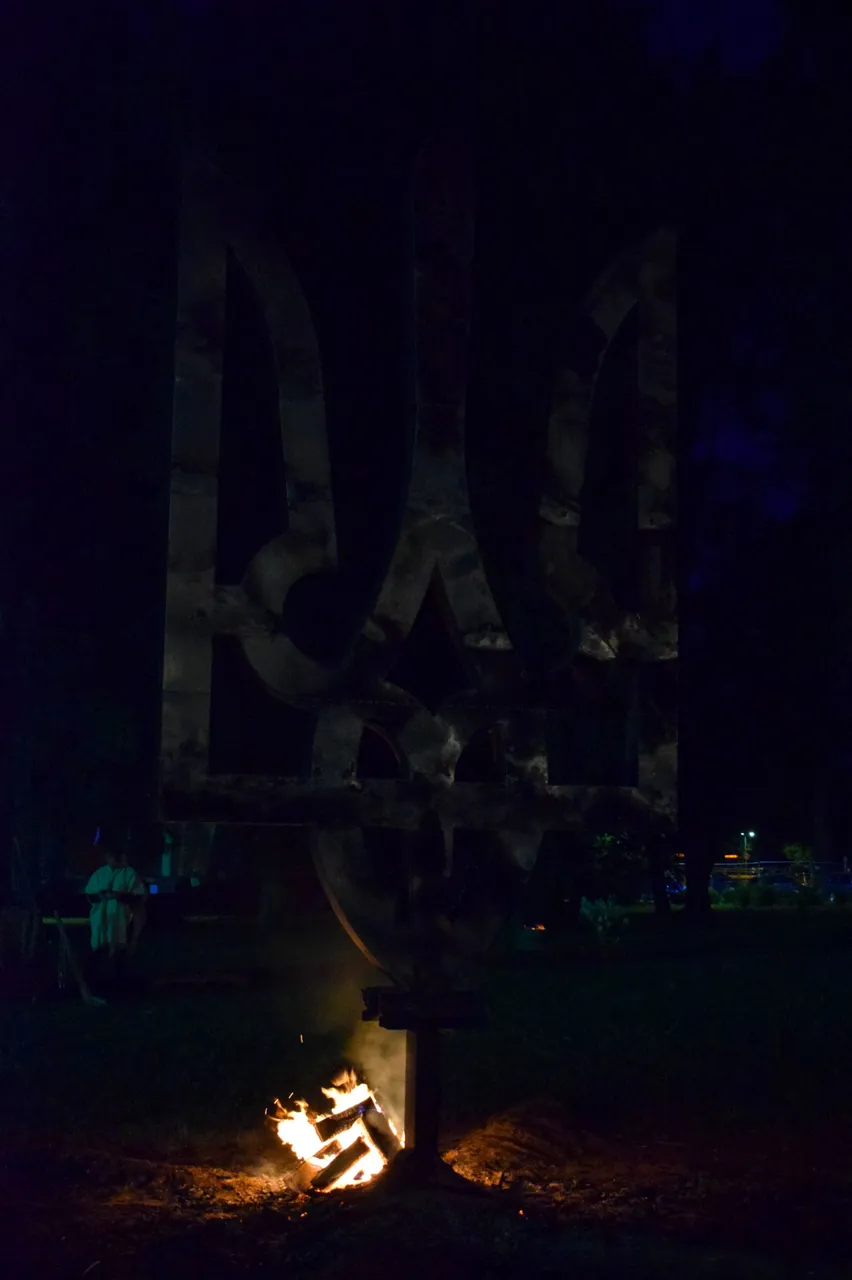
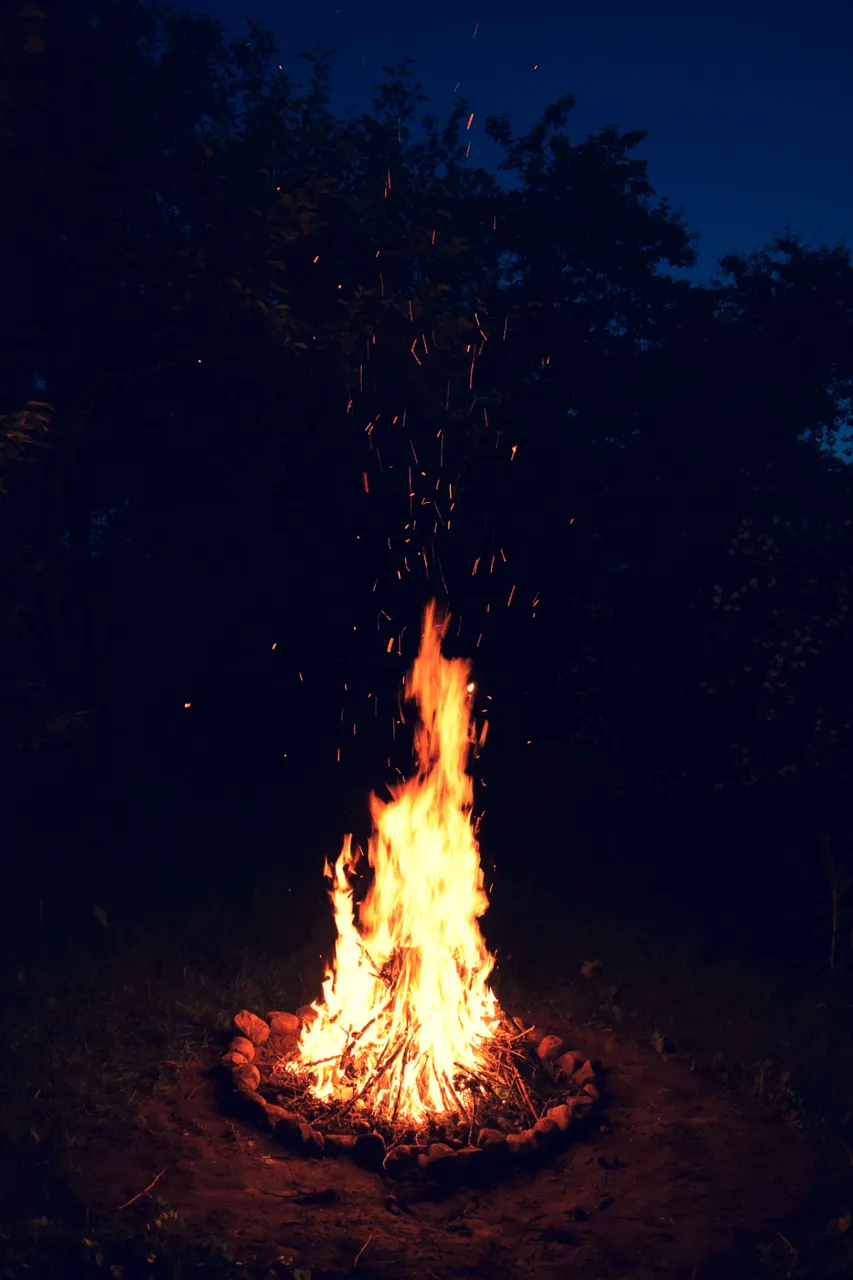
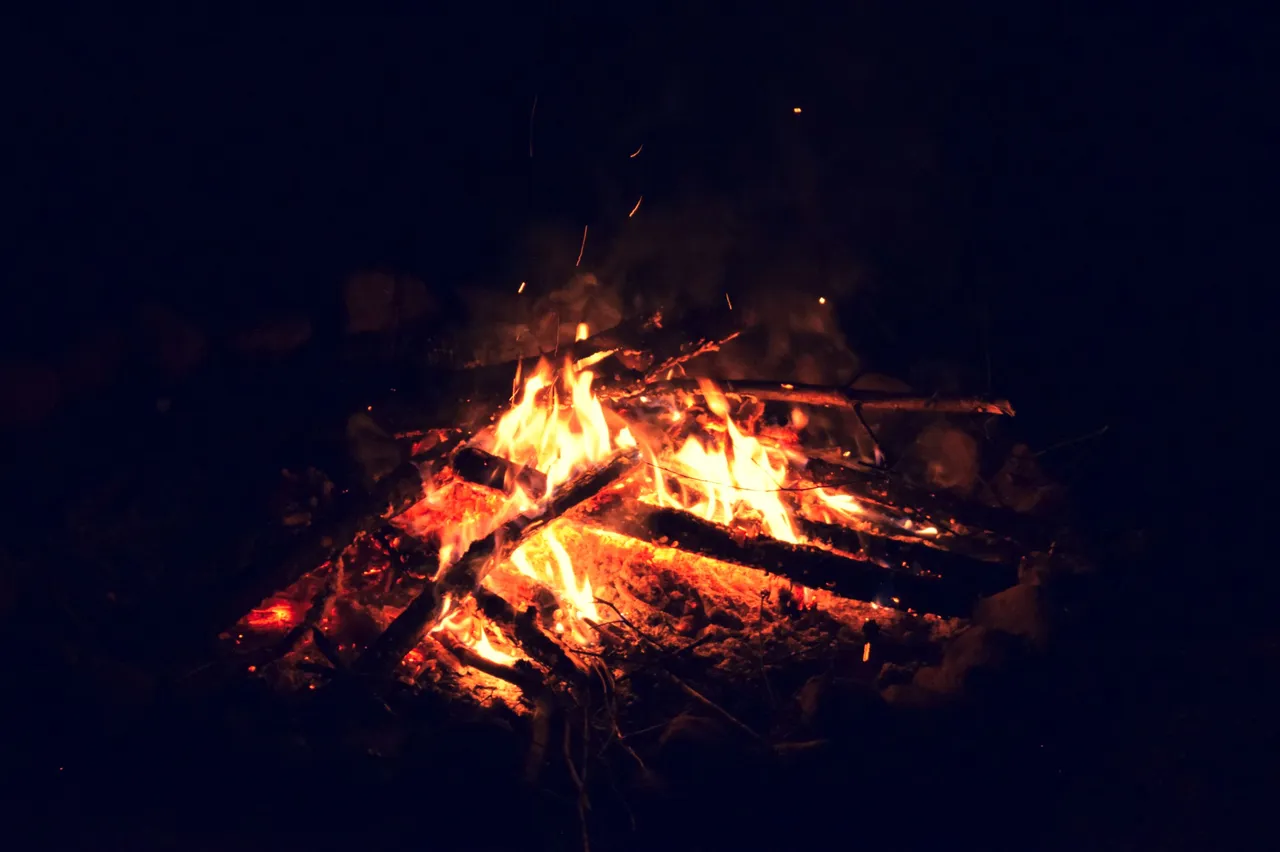
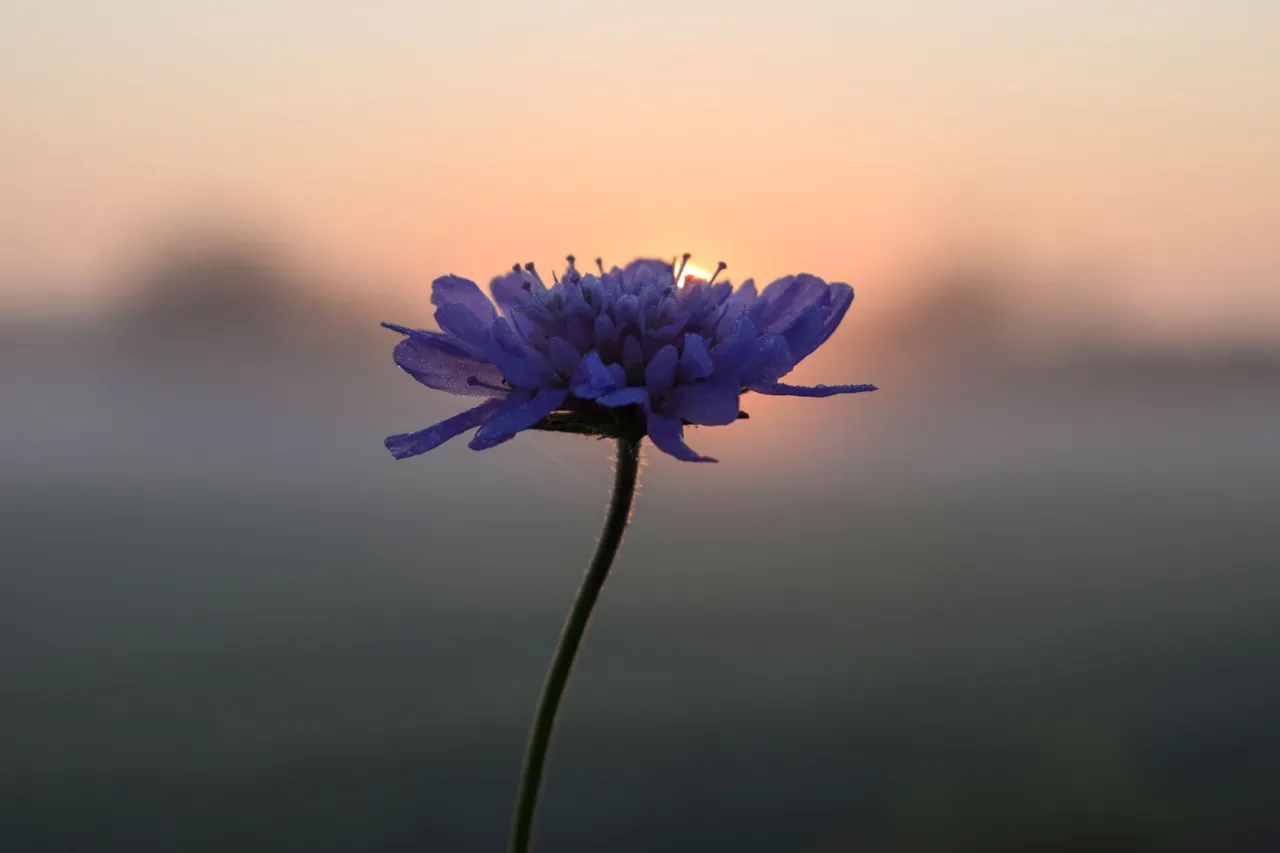
My summer, so far, is filled with musical sounds and beautiful voices, flowers in my garden, flowers in the crowns on Latvian women's heads everywhere around me, and a feeling of being proud of my roots. I understand it could sound strange to some. But this year, I am standing a little taller for my country, for my Latvia!
References:
[1] 3x9 Jāņi, Trejdeviņi padomi Jāņu svinēšanai, page 26
[2] The meaning of the word Līgo according to language expert
[3] Dievs according to Latvian folklore
[4] About the number nine in Latvian folklore
Song of the day: Auļi, Andrejs Planders, Edgars Zilberts, Eduards Plankājs - Līgo Lauki, Līgo Pļavas


